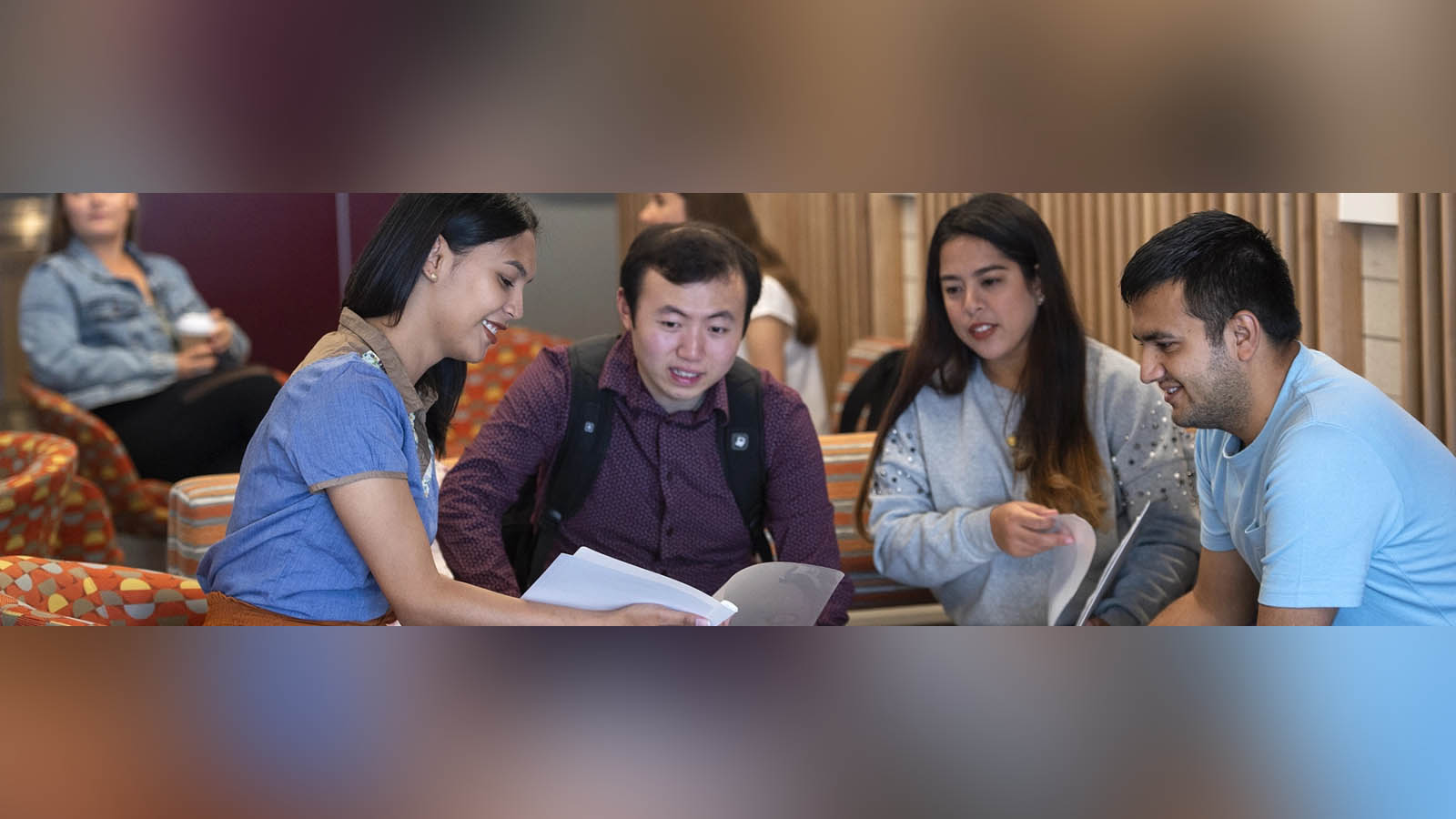Enhancing peer support services at Fanshawe
 CREDIT: FANSHAWE COLLEGE
CREDIT: FANSHAWE COLLEGEThe student peer support network project provides social and academic support to college students.
The student peer support network project, overseen by Ashley Cochrane, a counsellor at Fanshawe College, represents a significant step towards enriching the student experience at the college.
This project is rooted in the ethos of students selflessly offering social and academic support to their peers. The project also serves as a lifeline for students navigating the complexities of college life.
“Essentially, it’s students supporting other students. They use their experiences, for example, as mature students, newcomers residing in our residences for the first time, or parents, to help other students,” Cochrane said.
Dylan Musico, a recent graduate and Transition Peer Facilitator, is deeply involved in the peer support program, lending his expertise to various facets of the initiative. Reflecting on his journey, Musico underscored the transformative power of peer-to-peer support.
“We’re not just providing a service, we’re building a community,” Musico said, emphasizing the program’s role in fostering student connections and resilience.
Central to the student peer support network project is the concept of collaboration. Cochrane emphasized the need to break down silos and create synergies between existing peer support services across the college.
“We’re stronger together,” she asserted, highlighting the project’s goal of establishing a cohesive network of support that transcends departmental boundaries.
The project’s objectives are ambitious yet achievable. In addition to creating a physical peer space for students to access support and resources, it aims to identify everyday training needs among peer volunteers and explore opportunities for collaboration with external organizations. By harnessing the collective expertise of students and staff, it seeks to elevate the quality and accessibility of peer support services on campus.
Cochrane said a survey has been circulating to students, peers, staff, and faculty engaged in peer programming, asking questions revolving around what a peer space would look like.
“How and what do we need to include to make it feel welcoming?” Cochrane said. “What are the values of a peer space? What are some of the trainings that are needed for peers to support other students effectively? And then, what does collaboration look like, whether in an online environment or a physical space?”
As the project gains momentum, student involvement remains paramount. Cochrane emphasized the importance of student feedback in shaping the project’s direction, inviting students to contribute their ideas and suggestions.
“This is your project as much as ours,” Cochrane said.















